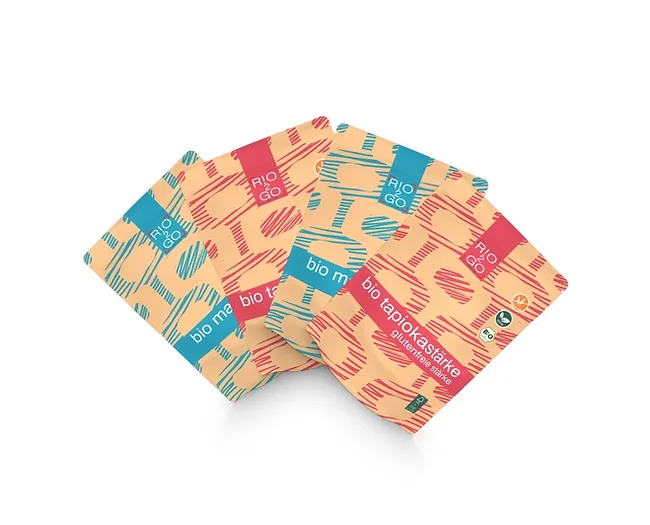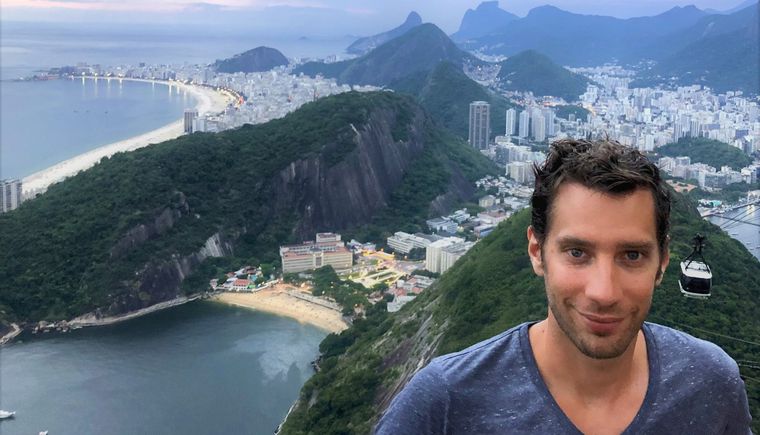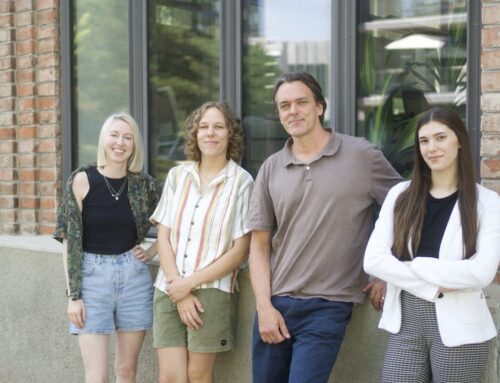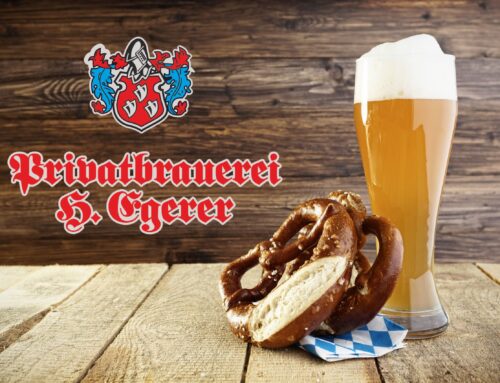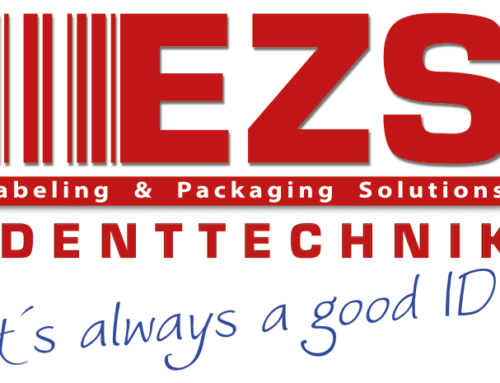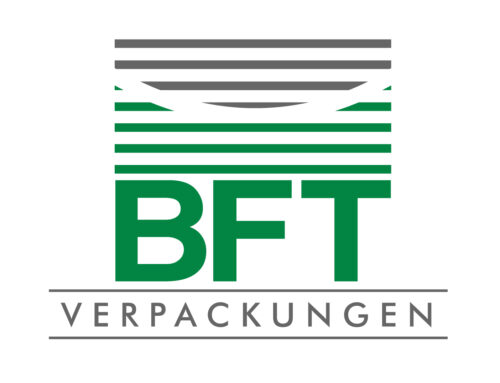In part 23, Mark and Sebastian report about their Munich startup 'Rio2Go'. The founders receive support from the food startup incubator Weihenstephan .
Your product idea explained in a few sentences:
Our idea is to bring Brazilian superfoods to Europe and with them the Brazilian joy of life itself. We are currently building a portfolio of products that come from the cassava root and already offer cassava flour and tapioca starch. We will soon expand our portfolio.
What makes your product unique?
Our aim is to ensure the best quality of food and to focus on sustainability. This means we only offer organic products that are sold in sustainable packaging. In addition, all products that come from the cassava root are naturally gluten and allergen free.
How did you come up with this idea?
The idea for our startup came about a few years ago. Founder Mark was born and raised in Brazil. When he moved to Germany in 2010, he missed one of his favorite foods: tapioca crepes - the crepes made from Brazilian cassava root and filled with delicious ingredients. Year after year he brought the tapioca with him in his suitcase to Munich when he visited his family in Brazil. Mark shared this story with co-founder Sebastian and that's how the idea to found Rio2Go came about.
Which aspects of the product, packaging and sales are particularly important to you with regard to a possible market launch?
For us it is very important that the overall story fits and therefore all aspects of the products and the company must be coordinated. We mainly focus on three points: sustainability, the ecological footprint and the reference to the company's South American roots. Concrete examples of this are our organic products, our packaging made with FSC paper and our design inspired by Rio De Janeiro.
What difficulties did you have to overcome in the product development process?
The biggest hurdle was finding a production facility. As a startup you only have limited resources and it is very difficult to find affordable space in Munich and the surrounding area. We are very grateful to have found the FSIWS.
How did you motivate yourself when things weren't going so well?
There have been a few cases in which both of us were unmotivated, so up to now we have always been able to motivate each other well. In addition, it helps a lot to hear stories and experiences from other startups. You realize that everyone has to go through difficult times sometimes.
Working together as a team certainly wasn't or isn't always easy, right? How did you design this so that it works well?
So far the teamwork has worked very well. What is crucial is that we absolutely trust each other and have very open and transparent communication. We also have very different competencies, according to which we divide responsibilities and everyone respects the other's decisions in their area.
What was the most triumphant or emotional moment for you so far?
To come to the supermarket. Our products are currently offered in the two V-Markt branches in Munich and it is always a great pleasure to see your own products on a supermarket shelf.
Do you exchange ideas or network with other startups? How?
We often exchange ideas with other FSIWS startups. Usually these are informal conversations in the hallway or during production in the hall. We are already doing joint activities with a few startups and discussing possible partnerships.
What tips can you give other startup founders in the food industry or elsewhere?
The first tip is to start as quickly and early as possible, because in the end it will always be “learning by doing”. You can plan and prepare, but the reality is always different. Our second tip is: Don't do it alone, look for a partner. It is best if you complement each other in your skills. And lastly, if it's a startup in the food sector, definitely apply for a spot in the FSIWS.
What plans do you have for the future of your startup?
We would first like to expand our portfolio and be included in more supermarkets. Once we are big enough, we would like to work directly with producers in Brazil to support them and also enable social programs in Brazil.
—–
Info: HSWT food startup incubator
At the beginning of June 2019, HSWT launched the Weihenstephan Food Startup Incubator (FSIWS) This enables students and employees of HSWT and the institutions affiliated with the Weihenstephan campus to bring their business ideas in the food sector to market maturity. Through the FSIWS, non-university founders can recruit competent students from all areas of the food value chain as partners or employees, for example as part of theses or with the students as co-founders.
Link to last month’s startup:
Startups @ HSWT | Part 22: www.hswt.de/presse/news/article/startups-hswt-teil-22-honigguad.html


